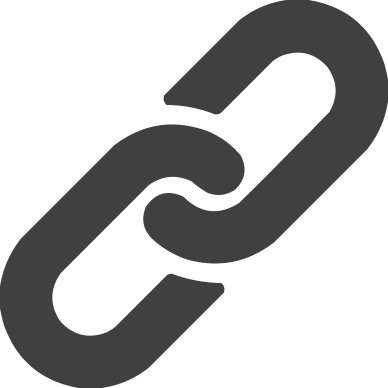

Salesforce Data Cloud Use Cases
Salesforce Data Cloud, formerly known as Customer Data Platform (CDP), is designed to unify customer data from various sources into a single view and enable real-time data activation. This platform allows businesses to collect, harmonize, and activate data across multiple touchpoints, providing personalized experiences for customers at every stage of their journey. Below are some common Data Cloud use cases in Salesforce, where it proves to be highly effective.
1.Unified Customer Profile Across Channels
In today’s omnichannel environment, customers interact with businesses across multiple touchpoints: websites, apps, social media, and in-store visits. Salesforce Data Cloud consolidates data from these sources to create a unified customer profile. This allows businesses to view every interaction a customer has had, ensuring seamless and consistent experiences across all channels.
Example:
A retail company can track a customer’s website behavior, purchase history, and social media interactions, and use this data to tailor their marketing messages and product recommendations in real time.
2. Real-Time Personalization
Salesforce Data Cloud enables real-time personalization of customer experiences. By integrating data from multiple channels and updating customer profiles in real time, businesses can deliver personalized messages, offers, and content that meet the specific needs and preferences of individual customers.
Example:
A travel company can send real-time personalized offers to customers based on their browsing history and recent searches. If a customer has been looking at flights to a specific destination, they can receive timely flight deals or hotel recommendations.
3. Advanced Audience Segmentation
With Data Cloud, businesses can create dynamic audience segments based on a wide range of factors such as behavior, preferences, demographics, and purchase history. These segments can be updated in real time to reflect changing customer behaviors, enabling more targeted and effective marketing campaigns.
Example:
A financial services company can segment their customers based on recent transactions and tailor their messaging accordingly. For example, customers who have recently opened a savings account can receive tailored content about investment opportunities.
4. Cross-Channel Campaign Orchestration
Salesforce Data Cloud facilitates the orchestration of cross-channel marketing campaigns. Businesses can create and manage campaigns that span email, mobile, social media, and more, ensuring consistent messaging across every channel.
Example:
An e-commerce brand can design a campaign that sends personalized product recommendations via email and follow up with tailored social media ads, all based on the customer’s previous interactions with their website.
5. Customer Journey Mapping
By unifying data from various sources, Salesforce Data Cloud helps businesses map the complete customer journey, from initial awareness to conversion and beyond. This enables businesses to identify key touchpoints and opportunities to enhance the customer experience.
Example:
A telecommunications company can track how customers interact with their services, from browsing plan options online to contacting customer support. This helps the company refine its marketing strategies and improve customer satisfaction.
6. Predictive Analytics and Insights
With Data Cloud’s AI and machine learning capabilities, businesses can leverage predictive analytics to anticipate customer needs and behaviors. This helps companies make data-driven decisions and take proactive measures to enhance customer experiences.
Example:
An insurance company can use predictive analytics to identify customers who are likely to cancel their policies and provide them with special offers or personalized outreach to retain their business.
7. Enhanced Privacy and Compliance
Salesforce Data Cloud ensures that businesses can maintain data privacy and regulatory compliance. The platform offers tools for managing consent, tracking data usage, and ensuring compliance with GDPR and other regulations.
Example:
A healthcare organization can use Data Cloud to manage patient data across multiple systems while ensuring compliance with privacy regulations such as HIPAA.
Conclusion
Salesforce Data Cloud is a powerful tool that enables businesses to harness the full potential of their customer data. Whether it’s unifying data across channels, enabling real-time personalization, or leveraging predictive insights, Data Cloud empowers businesses to deliver meaningful, personalized customer experiences. At Winfomi , we specialize in helping businesses implement and maximize the benefits of Salesforce Data Cloud. Contact us today to learn how we can help you take your data strategy to the next level.




